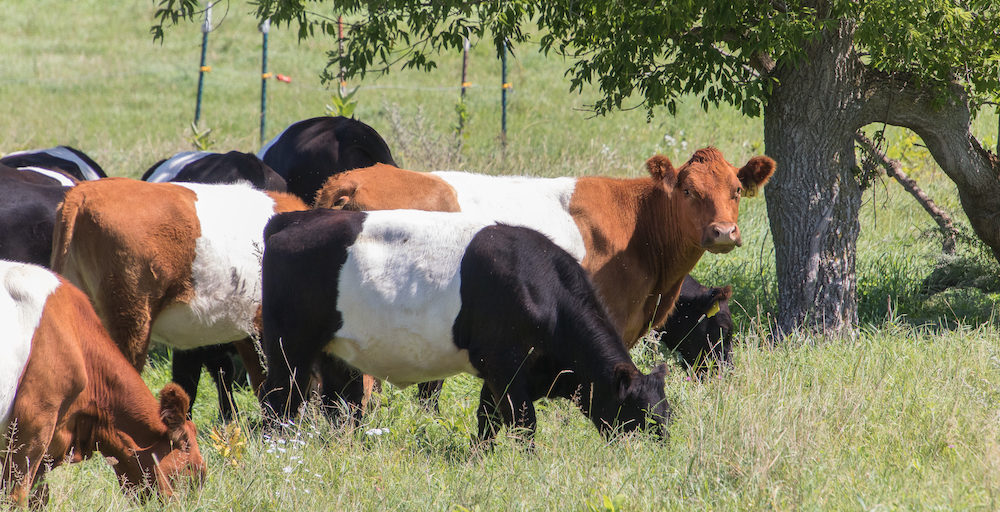
NAFTA, TPP, TTIP – a puzzling alphabet soup of international policies that leave me scratching my head. What do they have to do with my farm – a 72-acre operation with a herd of 40 BueLingo beef cattle? How does international policy affect my very small family farm committed to 100% grass-fed beef, and sustainable practices, such as rotational grazing?
How do these policies affect the operations and profitability of other small- to medium-scale family farms producing grains, vegetables, fruit or other livestock?In this Deep Roots Radio interview, Josh Wise, Development and Communications Director for the Institute for Agriculture and Trade Policy, outlines how international policies, such as the North American Free Trade Agreement (NAFTA) and the Trans-Pacific Partnership (TPP) affect a family farm’s ability to compete in the local marketplace, and how this shows up in your grocery bill.
Headquartered in Minneapolis, Minnesota, and with offices Washington, D.C., IATP was founded during the farm crises of the mid-1980s. The organization works at the intersection of policy and practice to ensure fair and sustainable food, farm and trade systems. It is committed to advancing policy solutions—locally and globally—to some of the world’s most complex problems in order to promote resilient food, farm and trade systems, and the agriculture and trade policies that benefit farmers, ecosystems, and social justice.
Prior to joining IATP, Josh was the Executive Director of the Minnesota Fair Trade Coalition, and most recently the Executive Director of One Voice Mixed Chorus. While with MNFTC, Josh led the organizing and lobbying effort in the Midwest to oppose the fast track for TPP and the Transatlantic Trade and Investment Partnership (TTIP).
I hope you enjoy this interview.
Sylvia


